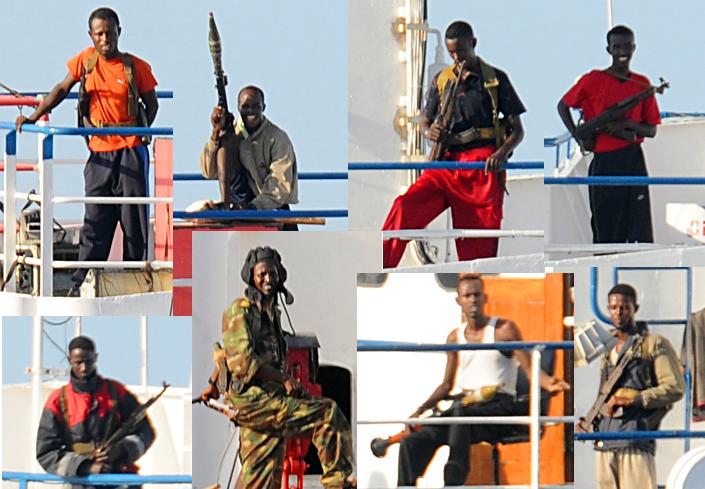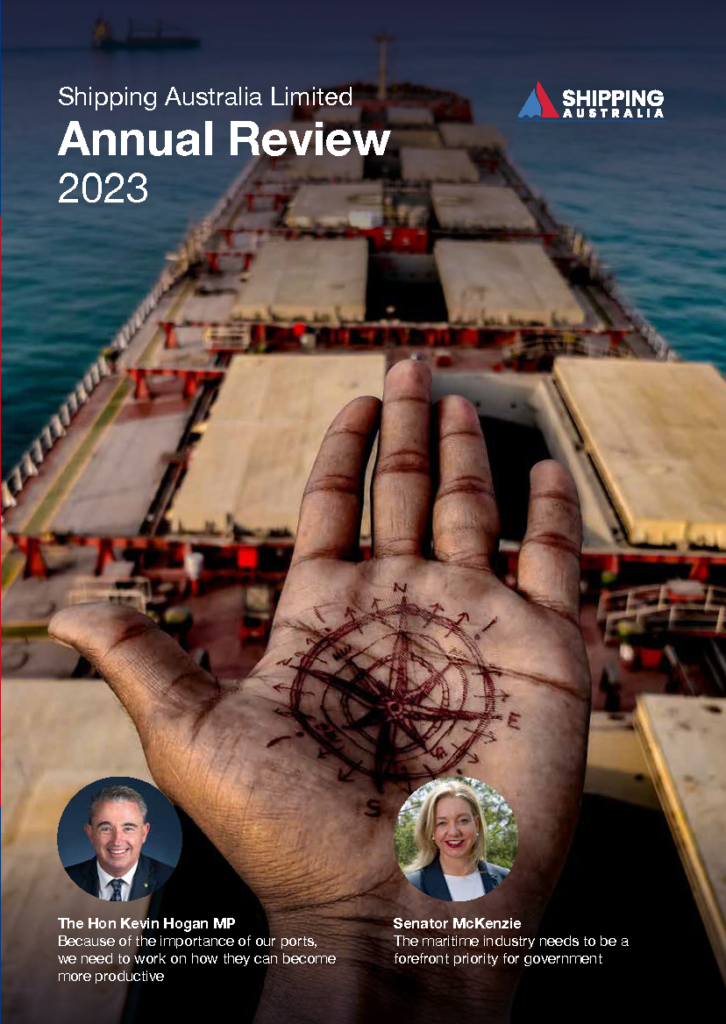Somali pirates are chasing and firing at ships, and are hijacking vessels, the International Maritime Bureau (IMB) has reported, adding a warning that the amount of violence is increasing.
Piracy off the coast of Somalia, a state with a large coastline in the Horn of Africa, became endemic to the region after a local rebellion led to the the collapse of the Siad Barre government in 1991. In turn that led to the multi-sided Somali Civil War and the widespread designation of Somalia as a “failed state”. It is in this chaotic political environment that piracy began to flourish with locals taking to the seas and attacking shipping. Initially, the pirates were relatively limited in their skills, range and competence. But, over time, they improved their seamanship skills, began using dhows as motherships and significantly extended their range across the Gulf of Aden (a funnel shaped sea area between the Red Sea and the Arabian Sea) and out into the Arabian Sea.
The IMB reports that it is aware of “several reported hijacked dhows and fishing vessels, which are ideal mother ships to launch attacks at distances from the Somali coastline”.
The IMB has reported that there were 33 incidents of piracy and armed robbery against ships in the first three months of 2024, an increase on the 27 incidents recorded in 2023.
Of the 33 incidents in the first quarter of 2024, there were two hijacks, one vessel fired upon, 24 boardings, six attempted attacks, and 35 crew members taken hostage and nine kidnapped. The IMB does not define in its most recent bulletin what it regards as being “taken hostage” and “being kidnapped”. In one example, a Bangladesh-flagged dry bulk carrier was hijacked on 12 March and its 23 crew were taken hostage by over 20 Somali pirates. The vessel was underway approximately 550 nautical miles from Mogadishu while en-route between Mozambique and the United Arab Emirates.
ICC Secretary General John W.H. Denton said: “The resurgence of Somali pirate activity is worrying, and now more than ever it is crucial to protect trade, safeguard routes, and the safety of seafarers who keep commerce moving. All measures to ensure the uninterrupted free flow of goods throughout international supply chains must be taken.”
Meanwhile, last month, a 40-hour operation by the Indian navy in the Indian Ocean on 15 March 2024 culminated in the capture of 35 Somali pirates and the release of a previously highjacked vessel and its 17 crew. A bulk carrier boarded by pirates on 4 January over 450 nm off the east coast of Somalia was rendered safe along with its 21 crew members by an Indian naval vessel. In late January, the Seychelles coast guard intervened to safeguard a hijacked fishing vessel and its six crew. Three suspected Somali pirates were apprehended in this operation.
IMB Director Michael Howlett commented that: “We also commend the actions of the Indian navy and Seychelles coast guard for intercepting hijacked vessels, safeguarding crews and capturing pirates”. He urged that vessels and Masters follow all recommended guidelines in the latest version of the Best Management Practices (BMP 5) for tackling piracy.
Piracy is defined in Article 101 of the UN Convention of the Law of the Sea as “any illegal acts of violence or detention, or any act of depredation, committed for private ends by the crew of the passengers of a private ships… and directed… on the High Seas, against another ship… or against persons or property on board”.



